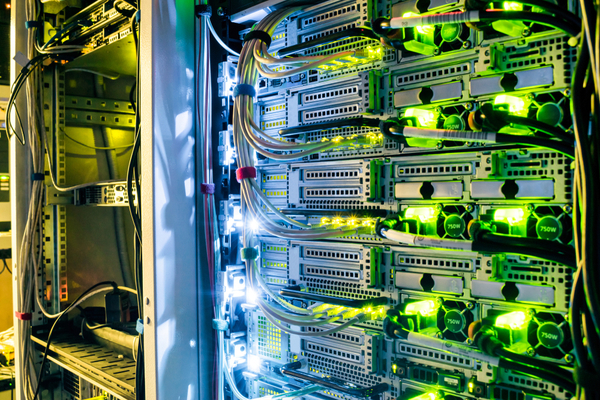In the world of computing, the demand for high-performance processing power is ever-growing, driven by applications in fields like artificial intelligence (AI), deep learning, gaming, and data analytics. Traditional Central Processing Units (CPUs) are often insufficient for handling the immense workloads of these applications, which is where GPU servers come into play. A GPU (Graphics Processing Unit) server from ServerMania is a type of server that utilizes one or more GPUs alongside CPUs to accelerate processing and enable faster computations. In this article, we will explore what GPU servers are and the key benefits they bring to businesses and industries.
What Is a GPU Server?
A GPU server is a computing system that incorporates high-performance GPUs, which are specialized processors originally designed to handle the complex rendering tasks required in graphics processing for video games and visual applications. Unlike CPUs, which are designed for general-purpose tasks, GPUs are highly parallelized, meaning they can execute many calculations simultaneously, making them ideal for intensive computational tasks like AI and machine learning.
Key Benefits of GPU Servers

- High Performance for AI and Deep Learning One of the most significant benefits of GPU servers is their ability to accelerate AI and deep learning workloads. Training machine learning models, especially deep neural networks, requires immense computational power. GPUs excel in this area due to their parallel processing capabilities, allowing them to handle thousands of operations simultaneously. This leads to faster training times and the ability to process more complex models in less time compared to traditional CPUs. For businesses involved in AI research, computer vision, or natural language processing, GPU servers are invaluable for scaling their operations.
- Faster Data Processing and Analytics In industries such as finance, healthcare, and e-commerce, data analytics plays a crucial role in making informed decisions. GPU servers can significantly speed up data processing tasks by handling large datasets efficiently. For instance, financial institutions can use GPU servers to run complex risk analysis or fraud detection algorithms faster. The ability to process and analyze large volumes of data quickly enables businesses to gain insights and make decisions more efficiently, giving them a competitive edge.
- Improved Visualization and Rendering GPUs are well-known for their capabilities in handling graphics and rendering tasks. This makes GPU servers highly beneficial for applications that involve rendering complex 3D models, virtual simulations, or high-resolution video processing. Industries like gaming, media production, and architecture use GPU-powered servers to accelerate rendering times, enabling real-time visualization and faster production cycles.
- Cost-Effective for Computationally Intensive Tasks While GPU servers may come with a higher upfront cost compared to traditional CPU servers, they often provide a higher return on investment (ROI) for tasks that require intensive computational power. Because GPUs are more efficient than CPUs in handling parallel workloads, they can reduce the time needed to complete tasks, leading to significant cost savings in the long run.
Conclusion
GPU servers from ServerManiaare transforming industries by providing the computational power necessary to handle demanding workloads, particularly in fields like AI, deep learning, data analytics, and rendering. The ability to process data in parallel enables businesses to work more efficiently, achieve faster results, and scale their operations. While the initial investment may be higher, the performance and cost savings in the long run make GPU servers a smart choice for companies looking to leverage cutting-edge technology for their most critical applications. As AI and data-driven industries continue to expand, the demand for GPU-powered computing will only grow, making GPU servers an essential tool for staying competitive in the digital age.

